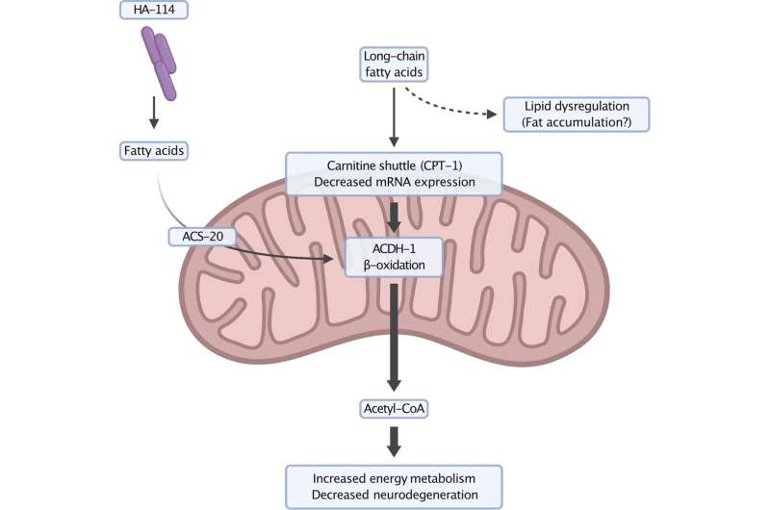Lacticaseibacillus rhamnosus HA-114: A Promising Probiotic for Neurodegeneration
Summary: Lacticaseibacillus rhamnosus HA-114, a non-commercial probiotic, has shown promising results in reducing neurodegeneration and providing neuroprotective effects in laboratory models of amyotrophic lateral sclerosis (ALS). This groundbreaking research was conducted at the University of Montreal and led by neuroscience professor Alex Parker.
Introduction
Neurodegenerative diseases, such as ALS, pose significant challenges due to their progressive nature and limited treatment options. Recent studies have highlighted the potential role of the gut microbiota in influencing neurological conditions. In this context, the discovery of a probiotic bacterium, Lacticaseibacillus rhamnosus HA-114, that can prevent neurodegeneration in animal models of ALS is a significant advancement in the field.
Research Findings
The study conducted at Canada’s CHUM Research Center revealed that HA-114, a unique probiotic strain, demonstrated neuroprotective effects in C. elegans worms genetically modified to mimic ALS. The researchers identified disrupted lipid metabolism as a contributing factor to neurodegeneration and highlighted the role of HA-114’s fatty acid content in providing neuroprotection. This finding opens up new possibilities for developing therapeutic interventions for ALS and other neurodegenerative diseases.
Mechanism of Action
The neuroprotective effects of HA-114 were attributed to its ability to restore lipid homeostasis and energy balance through mitochondrial β-oxidation. By targeting specific genes involved in fatty acid metabolism, such as acdh-1, ACADS, kat-1, ACAT1, and elo-6/ELOVL3/6, HA-114 showed promising results in stabilizing energy metabolism and reducing neurodegeneration in ALS models.
Clinical Implications
The research team is now exploring the potential of HA-114 as a therapeutic complement to existing ALS treatments. Clinical trials involving 100 subjects are scheduled to begin in 2023 to validate the efficacy of HA-114 in a clinical setting. The advantage of probiotics, with their minimal side effects, makes them an attractive option for enhancing current treatment strategies for ALS patients.
Conclusion
The discovery of Lacticaseibacillus rhamnosus HA-114 as a neuroprotective probiotic holds promise for the field of neurodegenerative diseases. By targeting disrupted lipid metabolism and restoring energy balance, HA-114 offers a novel approach to mitigating the progression of ALS and other neurodegenerative conditions. Further research and clinical trials will be crucial in establishing the therapeutic potential of HA-114 in improving the quality of life for individuals affected by ALS.


